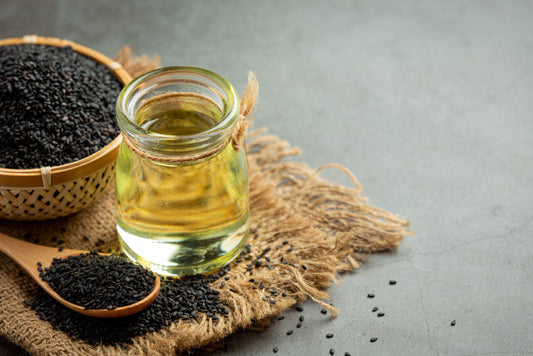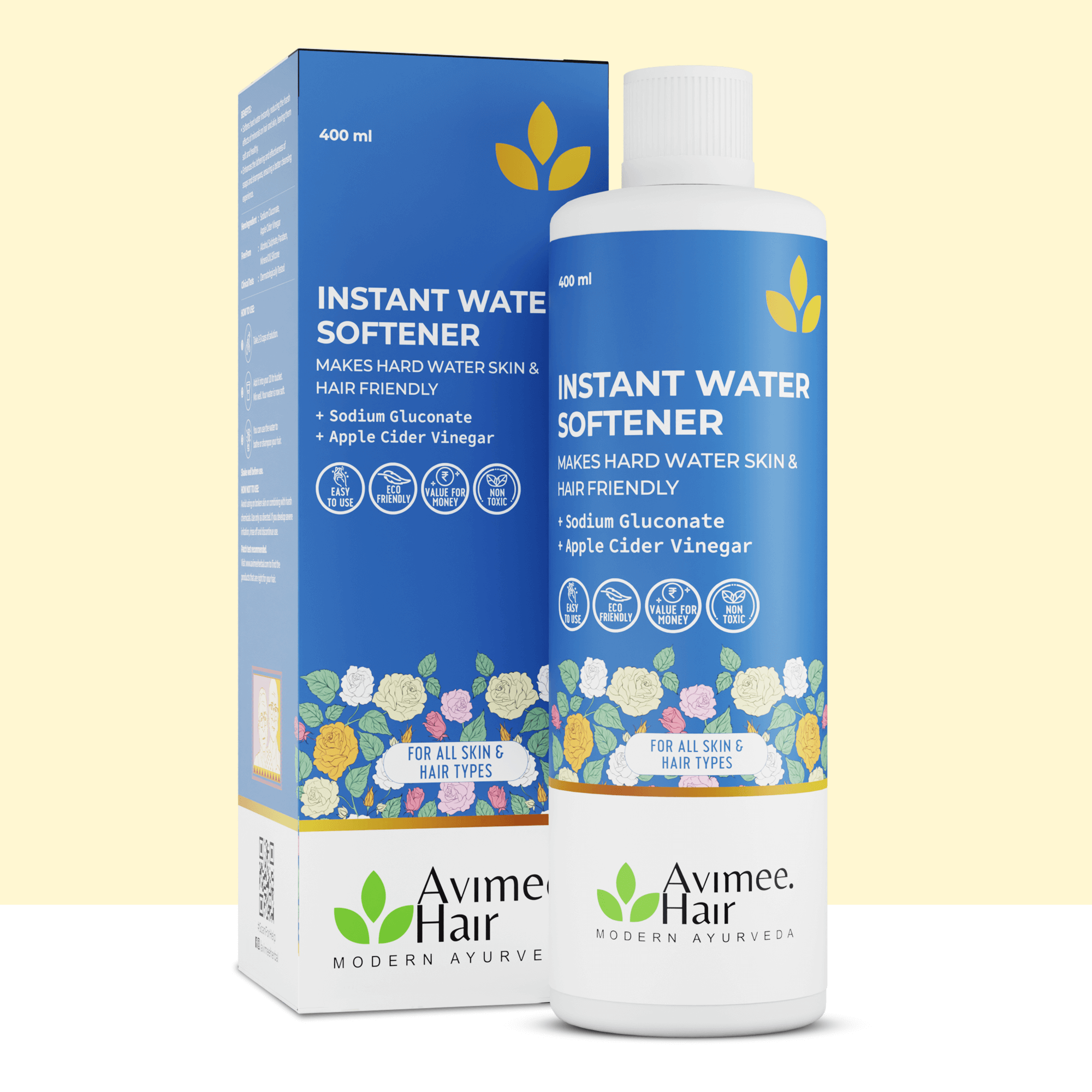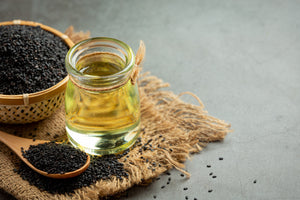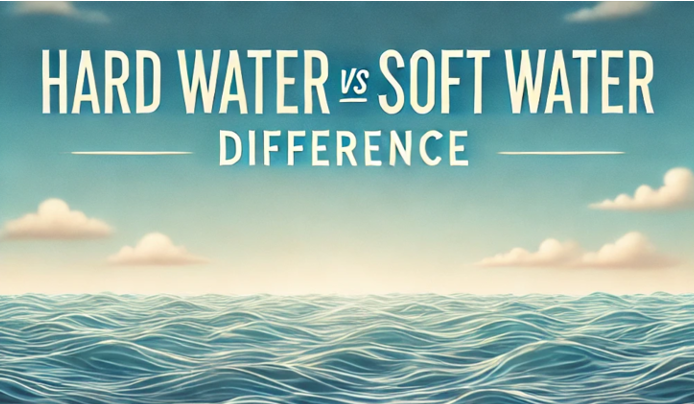Articles
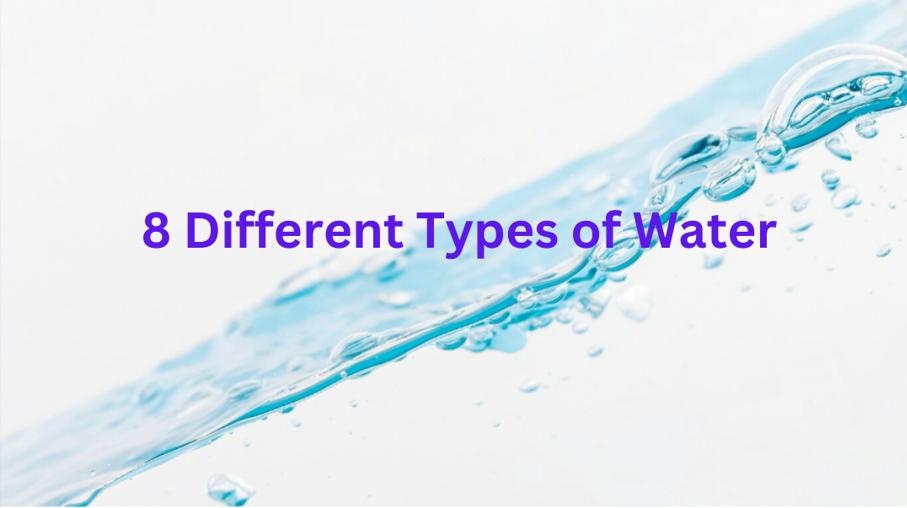
Skin Care
8 Different Types of Water You Need to Know
Water is the essence of life, but not all water is created equal. From drinking to cleaning, the type of water you use can impact your health, appliances, and overall well-being. Understanding the different types of water and their uses can help you make informed decisions for various aspects of your life.
1. Tap Water
What Is Tap Water?
Tap water is the most commonly used water source, directly supplied to homes and businesses through pipelines. It is treated to remove harmful contaminants and is generally safe for drinking, cooking, and cleaning.
Uses and Considerations
While convenient, tap water may contain trace minerals or chemicals like chlorine, which can affect taste and quality. Filtering tap water is often recommended for better taste and safety.
2. Hard Water
What Is Hard Water?
Hard water is rich in minerals like calcium and magnesium. These minerals are picked up as water flows through underground rocks and soil.
Impact and Remedies
Hard water is notorious for causing scale buildup on appliances and drying out hair and skin. Using different types of water softeners, such as salt-based or magnetic softeners, can reduce its hardness.
3. Soft Water
What Is Soft Water?
Soft water has minimal mineral content, either naturally or through the use of a water softener. It is gentle on the skin, hair, and appliances.
Benefits of Soft Water
- Prevents scale buildup
- Improves soap lathering
- Keeps hair and skin hydrated
4. Distilled Water
What Is Distilled Water?
Distilled water is purified by boiling water and condensing the steam. This process removes impurities, minerals, and chemicals.
Uses of Distilled Water
- Ideal for medical equipment and laboratory use
- Safe for drinking but lacks minerals found in natural water sources
5. Spring Water
What Is Spring Water?
Spring water comes from underground sources that naturally flow to the surface. It is rich in natural minerals and often bottled for consumption.
Why Choose Spring Water?
- Free from harmful contaminants
- Contains beneficial minerals like magnesium and calcium
6. Purified Water
What Is Purified Water?
Purified water undergoes treatment to remove contaminants, including bacteria, viruses, and chemicals. Methods include reverse osmosis, carbon filtration, and UV treatment.
Key Uses
- Drinking and cooking
- Ideal for areas with poor water quality
7. Alkaline Water
What Is Alkaline Water?
Alkaline water has a higher pH level (above 7) and is often enhanced with minerals. Some claim it offers health benefits like improved hydration and reduced acidity in the body.
Should You Try Alkaline Water?
While some benefits are supported by anecdotal evidence, consult a healthcare professional before making it a staple in your diet.
8. Mineral Water
What Is Mineral Water?
Mineral water is sourced from natural springs and contains essential minerals like calcium, magnesium, and potassium. It is often consumed for its health benefits.
Key Benefits
- Supports bone health
- Improves hydration
- Naturally rich in taste
Different Types of Water Softeners
Water softeners play a critical role in converting hard water into soft water. Here are the different types of water softeners to help improve water quality:
- Avimee Herbal Instant Water Softener: This innovative water softener instantly neutralizes hard water, making it skin and hair-friendly. It's an easy-to-use, chemical-free solution that protects your hair and skin from the harsh effects of hard water.
- Salt-Based Softeners: These replace calcium and magnesium ions in hard water with sodium ions, effectively reducing hardness and preventing scale buildup in pipes and appliances.
- Salt-Free Softeners: Instead of replacing minerals, these use potassium or other methods to neutralize the effects of calcium and magnesium without adding sodium to your water.
- Magnetic Softeners: Magnetic systems change the properties of minerals in water using a magnetic field. While not technically softening water, they reduce mineral deposits and scaling.
- Reverse Osmosis Systems: These systems filter out minerals and other contaminants, providing high-quality water suitable for drinking and other uses.
Choosing the right softener can protect your home, appliances, and even your skin and hair from the damaging effects of hard water.
Choosing the Right Type of Water
Each type of water has unique benefits and uses. Whether you need purified water for drinking, soft water for protecting appliances, or alkaline water for health benefits, understanding the different types of water can guide your decision.
Final Thoughts
Water plays a vital role in every aspect of our lives. By learning about the different types of water and their properties, you can optimize their use for health, household maintenance, and more. If you face challenges with hard water, explore different types of water softeners to improve water quality and protect your home and hair.
Understanding your water type is the first step towards making better choices for your health and lifestyle.

 Doctor Consultation
Doctor Consultation


